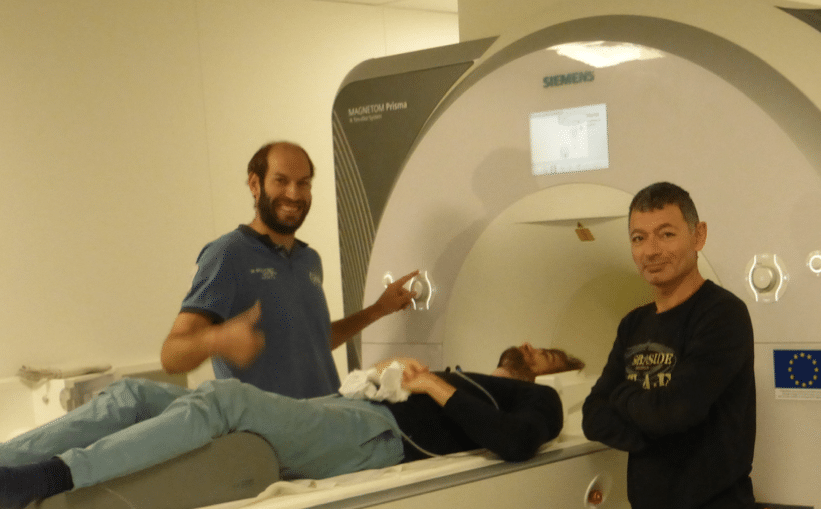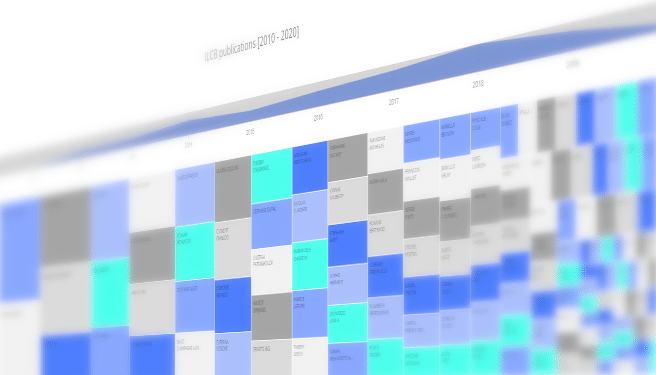
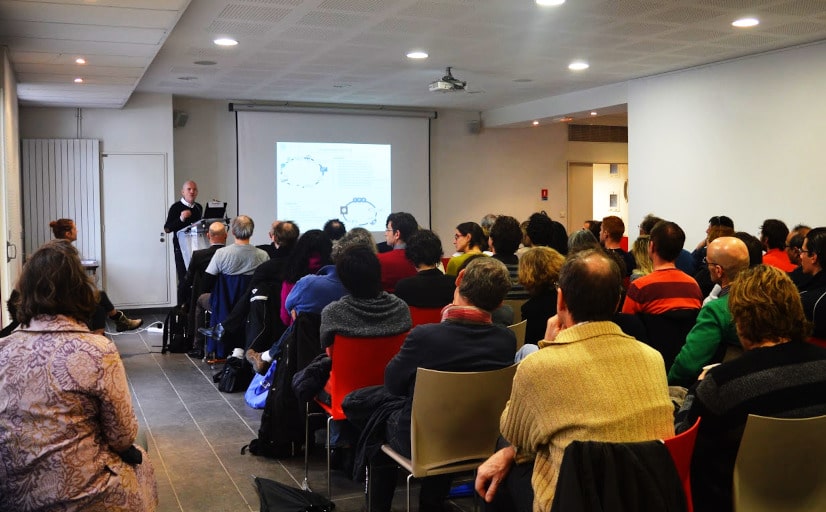
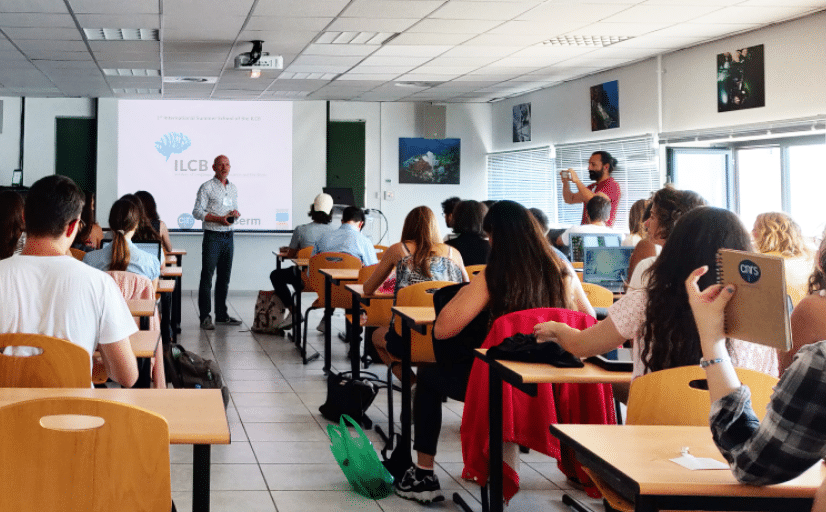
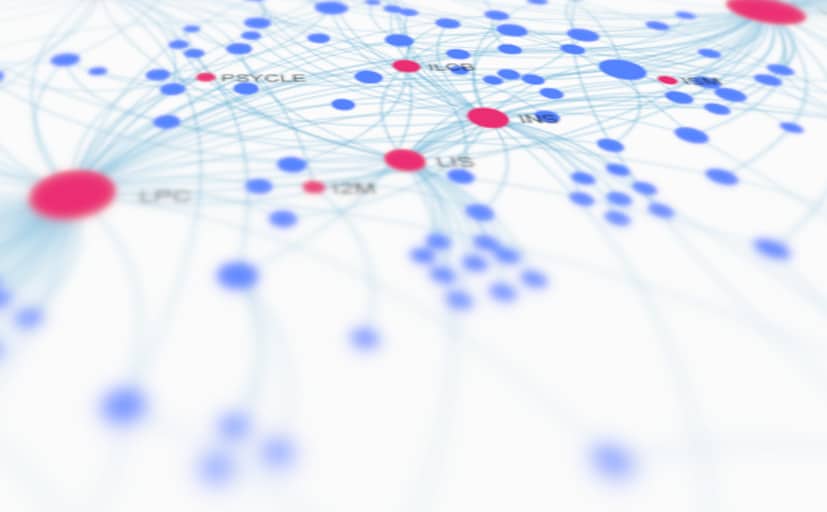
FEATURED PUBLICATIONS
Speaking to a common tune: Betweenspeaker convergence in voice fundamental frequency in a joint speech production task Vincent Aubanel, Noël Nguyen
2020 PLOS/ONE
read more >>
Learning to Read and Dyslexia: From Theory to Intervention Through Personalized Computational Models Johannes C. Ziegler, Conrad Perry, Marco Zorzi
2020 Current Directions in Psychological Science
read more >>
Error-based learning and lexical competition in word production: Evidence from multilingual naming Elin Runnqvist, Kristof Strijkers, Albert Costa
2019 PLOS/ONE
read more >>
Constraints on the lexicons of human languages have cognitive roots present in baboons (Papio papio) Emmanuel Chemla, Isabelle Dautriche, Brian Buccola, and Joël Fagot.
2019 PNAS
read more >>
High-fidelity copying is not necessarily the key to cumulative cultural evolution: a study in monkeys and children Carmen Saldana, Joël Fagot, Simon Kirby, Kenny Smith, Nicolas Claidière
2019 Proceedings of the royal society B
read more >>
Bringing together experts in linguistics, neuroscience, psychology, medicine and computer science to understand and to model the way that language functions.
The objective is to create a generic model of the processing of language and its cerebral bases.
SUMMER SCHOOL
The 3d Edition of the ILCB Summer School offers Introductory, Intermerdiate and Advanced Classes in four core fields of Cognitive Science, reflecting the expertise of the Institute.
read more >>
PhD PROGRAM
An interdisciplinary focus on language research, with interdisciplinary theory and practice trainings at basic and advanced level courses in all relevant disciplines.
read more >>
MASTER
The MaSCo, a new MA in Cognitive Science, provides an advanced scientific curriculum on human cognition, as well as a technological and methodological expertise in evaluation, analysis and modeling of cognitive processes.
read more >>
TRAINING
Advanced trainings are offered to the ILCB members
read more >>
Recent
news and events
Upcoming Events Loop
It seems we can’t find what you’re looking for. Perhaps searching can help.
Post Loop
Changement de la connectivité cérébrale liée au traitement des erreurs de parole
Elin Runnqvist, Lydia Dorokhova (LPL) & Jean-Luc Anton (Centre IRM)
Corrélats neurophysiologiques des aspects acoustiques d’une conversation naturelle
Thierry Chaminade, Camilla Di Pasquasio, Etienne Thoret, Pascal Belin (INT) & Brigitte Biggi (LPL)
Effects of Shared Attention on Joint Language Production across Processing Stages
Giusy Cirillo, Kristof Strijkers, Elin Runnqvist, and Cristina Baus. 2023. Language, Cognition and Neuroscience, September, 1–12 — @HAL Shared attention across individuals is a crucial component of joint activities, modulating how we perceive relevant information. In this study, we explored shared attention in language production and memory across separate representation levels. In a shared go/no-go […]
The Effect of Familiarity on Neural Tracking of Music Stimuli Is Modulated by Mind Wandering
Joan Belo, Maureen Clerc, and Daniele Schön. 2023. AIMS Neuroscience 10 (4): 319–31 — @HAL This study used a novel word learning paradigm to investigate the role of morphology in the acquisition of complex words, when participants have no prior lexical knowledge of the embedded morphemic constituents. The influence of morphological family size on novel […]
The Role of Morphemic Knowledge during Novel Word Learning
Ali Behzadnia, Johannes C. Ziegler, Danielle Colenbrander, Audrey Bürki, and Elisabeth Beyersmann. 2023. Quarterly Journal of Experimental Psychology, 0, (0) — @HAL This study used a novel word learning paradigm to investigate the role of morphology in the acquisition of complex words, when participants have no prior lexical knowledge of the embedded morphemic constituents. The […]
Decomposing Neural Circuit Function into Information Processing Primitives
Nicole Voges, Johannes Hausmann, Andrea Brovelli, and Demian Battaglia. 2024. Journal of Neuroscience 10 January 2024, 44 (2) e0157232023 — @HAL It is challenging to measure how specific aspects of coordinated neural dynamics translate into operations of information processing and, ultimately, cognitive functions. An obstacle is that simple circuit mechanisms—such as self-sustained or propagating activity […]
Age- and Sex-Related Differences in Baboon (Papio Anubis) Gray Matter Covariation
Michelle M. Mulholland, Adrien Meguerditchian, and William D. Hopkins. 2023. Neurobiology of Aging 125 (May): 41–48. — @HAL Age-related changes in cognition, brain morphology, and behavior are exhibited in several primate species. Baboons, like humans, naturally develop Alzheimer’s disease-like pathology and cognitive declines with age and are an underutilized model for studies of aging. To […]
Repairing Artifacts in Neural Activity Recordings Using Low-Rank Matrix Estimation
Shruti Naik, Ghislaine Dehaene-Lambertz, and Demian Battaglia. 2023. Sensors 23 (10): 4847. — @HAL Electrophysiology recordings are frequently affected by artifacts (e.g., subject motion or eye movements), which reduces the number of available trials and affects the statistical power. When artifacts are unavoidable and data are scarce, signal reconstruction algorithms that allow for the retention […]
Event-Related Variability is Modulated by Task and Development
“In much of the Event Related Potential (ERP) literature, trial-by-trial signal variability is considered unwanted noise to be discarded through the averaging process. An alternative hypothesis is that this variability carries interpretable information. We quantified variability in sensor space by considering three terms: ‘flyby distance’ to a reference ERP template, distance between trials, and […]
14ème journées jeunes chercheur.se.s en Audition Acoustique musicale et signal audio (JJCAAS)
Anaïs Hiard-Boussac et les étudiant.e.s bénévoles de PRISM et LMA

